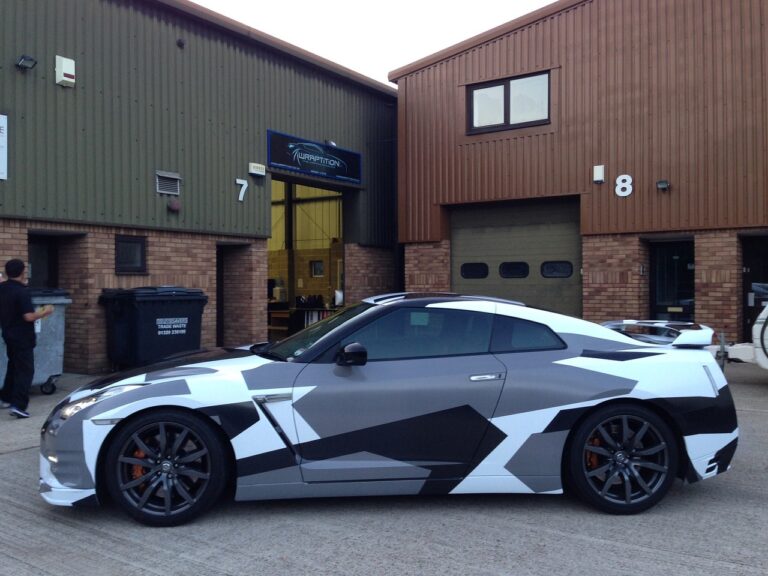The Role of Startups in Disrupting the Automotive Industry
In recent years, the automotive startup scene has been thriving with a diverse range of companies making significant strides in the industry. One notable player is Rivian, known for its electric vehicles and groundbreaking battery technology. With major investments from Amazon and Ford, Rivian has positioned itself as a key player in the market, poised to disrupt the traditional automotive landscape.
Another standout in the automotive startup space is Waymo, a subsidiary of Alphabet Inc. specializing in autonomous driving technology. Leveraging its expertise in artificial intelligence and machine learning, Waymo has made significant advancements in developing self-driving cars. With partnerships with companies like Fiat Chrysler Automobiles and Jaguar Land Rover, Waymo continues to lead the way in shaping the future of mobility.
Innovative Technologies Driving Change in the Industry
In recent years, the automotive industry has seen a rapid evolution fueled by innovative technologies. One such technology making waves in the industry is autonomous driving systems. Companies like Tesla and Waymo are at the forefront of developing self-driving cars, aiming to revolutionize transportation and enhance safety on the roads.
Another key technological advancement driving change in the automotive sector is the rise of electric vehicles (EVs). With the increasing focus on sustainability and reducing carbon emissions, major automakers such as Tesla, Nissan, and Chevrolet have been investing heavily in electric car technology. This shift towards EVs is not only reshaping the way vehicles are powered but also transforming the entire automotive landscape.
What are some examples of key players in the automotive startup scene?
Some key players in the automotive startup scene include Tesla, Rivian, NIO, and Waymo.
How are innovative technologies driving change in the automotive industry?
Innovative technologies such as electric vehicles, autonomous driving systems, and connected car technology are revolutionizing the way we think about transportation.
What are some benefits of these innovative technologies in the automotive industry?
Some benefits of these innovative technologies include reduced emissions, improved safety, enhanced convenience, and increased efficiency.
How are traditional automotive companies responding to these changes?
Traditional automotive companies are investing heavily in research and development to integrate these innovative technologies into their vehicles and stay competitive in the market.





